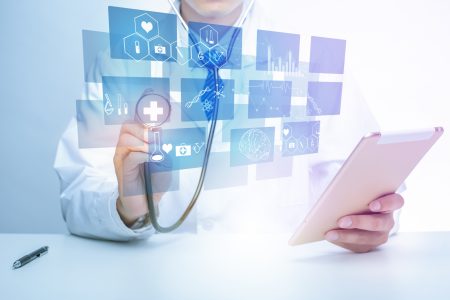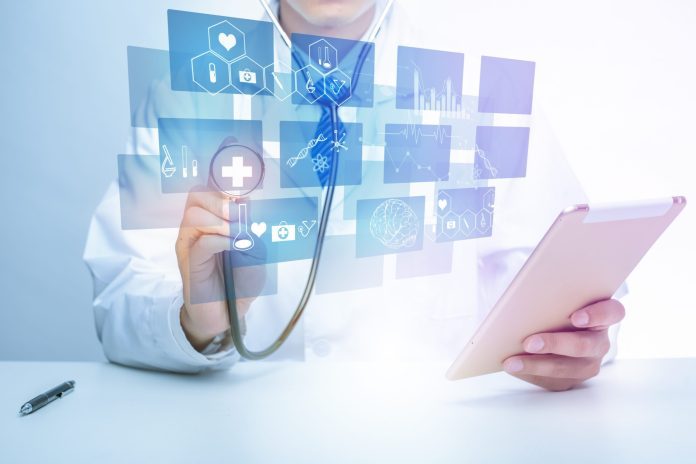
Technology has played an increasingly significant role in transforming virtually every aspect of our lives. Healthcare is no different. Digital health, which encompasses a variety of digital technologies and solutions, is revolutionizing the way patients receive medical care and how healthcare professionals deliver care. In this article, we’ll explore how digital health is transforming healthcare and improving the quality of life for patients around the world.
Telemedicine: A New Paradigm in Medical Care
One of the most notable advances in digital healthcare is telemedicine. Telemedicine allows patients to consult with doctors and other healthcare professionals remotely, through video calls and healthcare apps. This eliminates the need to travel to a doctor’s office, saving time and resources for both patients and healthcare professionals. Additionally, telemedicine provides access to medical specialists who may be located in distant regions, expanding the range of treatment options.
Artificial Intelligence in Medical Diagnosis:
Artificial intelligence (AI) plays a crucial role in digital healthcare. AI algorithms can analyze large volumes of medical data in a matter of seconds, helping doctors diagnose diseases and interpret medical tests. This not only speeds up the diagnostic process but also improves accuracy, reducing medical errors.
For example, AI algorithms have been trained to detect early signs of cancer in X-ray and MRI images, which could lead to faster diagnoses and more effective treatments. Additionally, AI-powered chatbots and virtual assistants are being used to provide real-time health information and help patients understand their symptoms and treatment options.
Remote Patient Monitoring:
Another important innovation is remote patient monitoring. Internet-connected medical devices, such as smartwatches and health sensors, allow doctors to continuously monitor patients’ vital signs. This is particularly beneficial for people with chronic conditions such as diabetes and high blood pressure, as it allows for more effective monitoring of their health and early detection of problems.
Electronic Medical Records:
Electronic medical records (EMRs) are another important facet of digital healthcare. They replace old paper records and allow doctors to easily access a patient’s health history. This ensures more efficient communication between healthcare professionals and reduces the risk of medication and treatment prescribing errors.
Additionally, EHRs make it easier for patients to access their own medical records and share them with other healthcare professionals when necessary. This puts the patient at the center of medical care, empowering them to make informed decisions about their health.
Health and Wellness Apps:
Digital health isn’t just about treating diseases. It also encompasses apps and devices that promote overall health and well-being. Examples include fitness tracking apps, sleep monitoring apps, and nutrition programs. These apps help individuals adopt a healthier lifestyle and prevent diseases before they even occur.
The Challenges of Digital Health:
While digital health offers numerous advantages, it also faces significant challenges. Data privacy is a key concern, as the collection and sharing of health information can pose security risks. It is essential that healthcare companies and professionals adopt rigorous cybersecurity measures and comply with data protection regulations such as GDPR in the European Union and HIPAA in the United States.
Additionally, accessibility to technology is a critical issue. Not all patients have easy access to internet-connected devices or cutting-edge technology. Therefore, it is important to ensure that digital healthcare is accessible to everyone, regardless of their location or socioeconomic status.
Digital health is playing a transformative role in healthcare, offering significant benefits to patients and healthcare professionals alike. Telemedicine, artificial intelligence, remote patient monitoring, electronic medical records, and health apps are redefining the way we approach health and wellness. However, it is important to address the challenges of data privacy and accessibility to ensure that everyone can benefit from these innovations.
As technology continues to evolve, we can expect digital health to play an even more important role in the future of healthcare. By working together with healthcare professionals, technology companies, and regulators, we can unlock the potential of digital health to improve quality of life and foster a more effective and accessible healthcare system for all.
